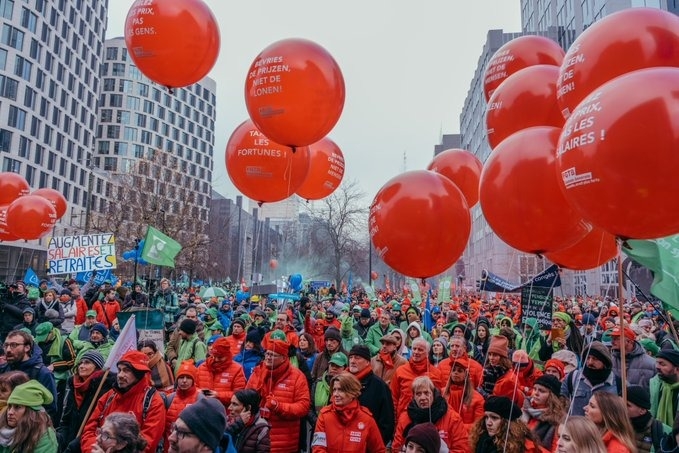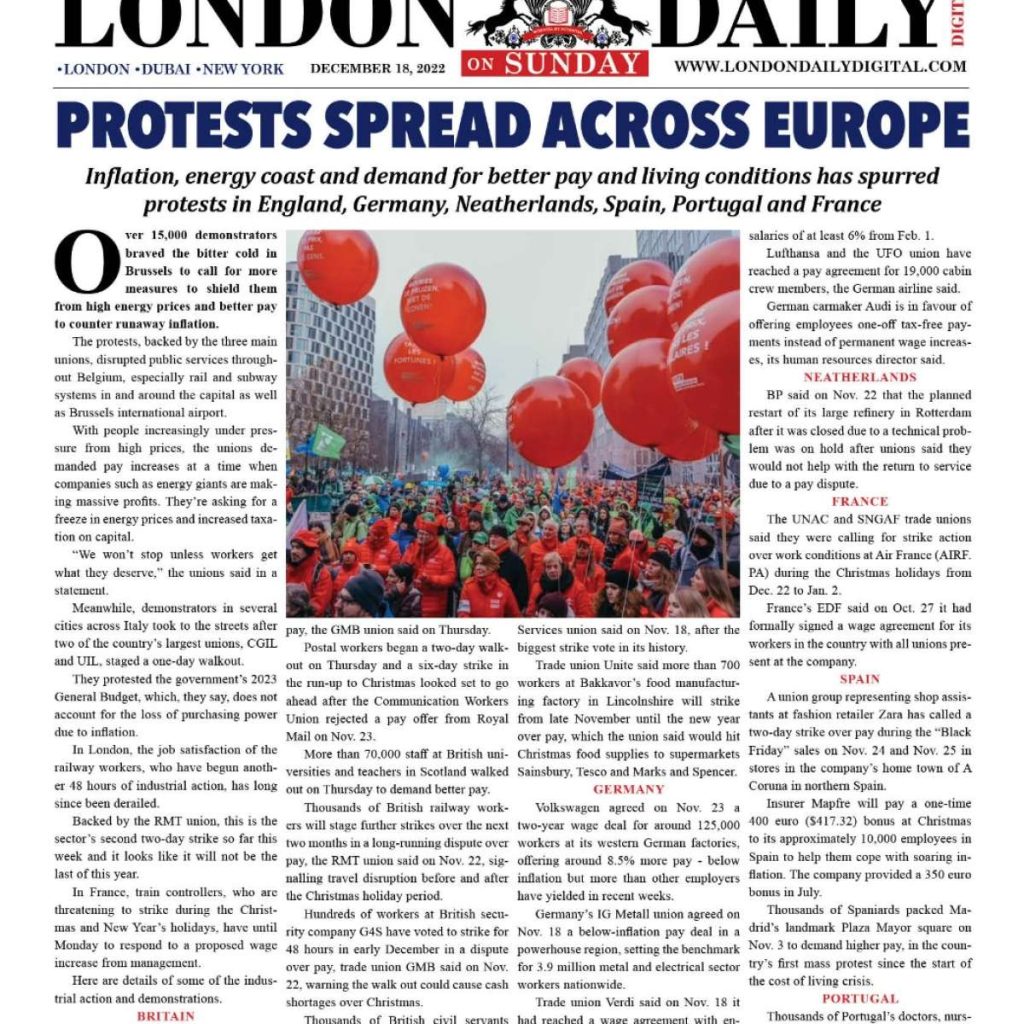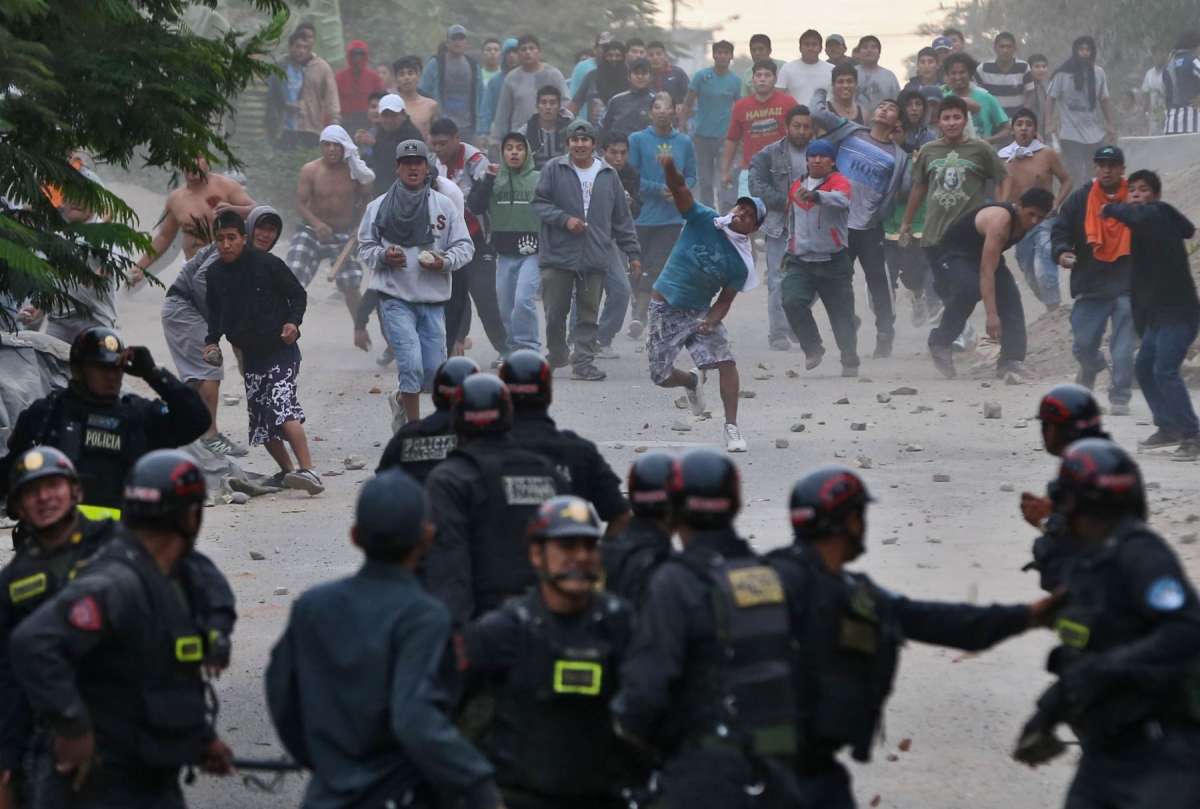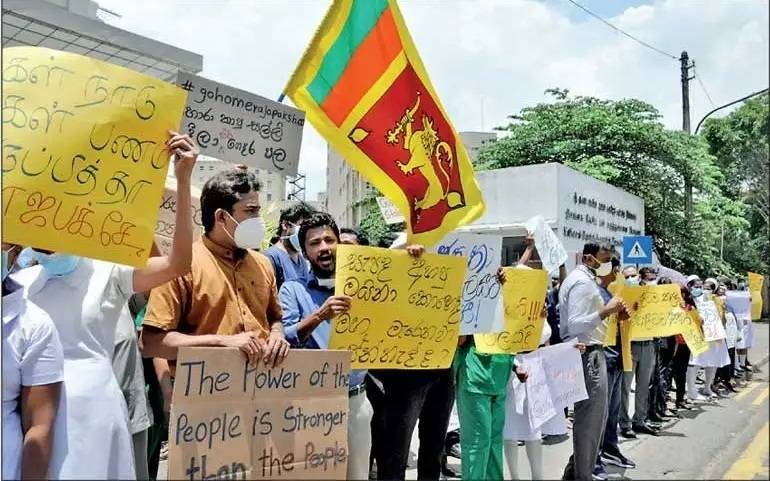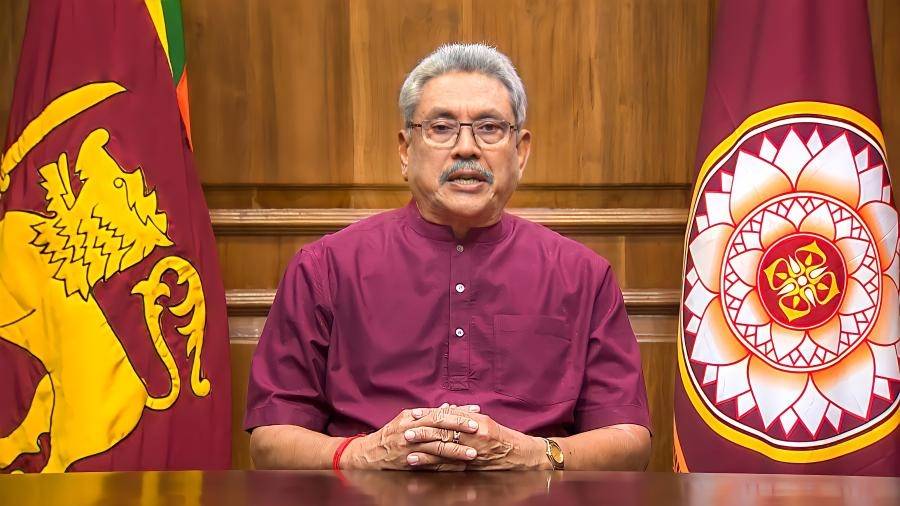Marine Le Pen, leader of the National Rally MPs in parliament, called the decision to push through the pension changes “a total failure for the government.”…reports Asian Lite News
Protesters have clashed with police again in central Paris over the French government’s pension reforms. Thousands of demonstrators lit fires and some threw firecrackers at police, who used tear gas to disperse them.
It is the second night of unrest since President Emmanuel Macron decided to push through the controversial reforms to raise the retirement age from 62 to 64 without a vote, BBC reported.
No-confidence motions have been filed against his government in response.
The first was signed by independents and members of the left-wing Nupes coalition in parliament, while a second came from the far-right National Rally party.
Both are expected to be debated early next week, BBC reported.
Marine Le Pen, leader of the National Rally MPs in parliament, called the decision to push through the pension changes “a total failure for the government.”
Police made dozens of arrests during the unrest at Place de la Concorde, not far from the parliament building, BBC reported.
Protests also took place on Friday in other French cities – notably Bordeaux, Toulon and Strasbourg, BBC added.
“We won’t give up,” one demonstrator told AFP news agency. “There’s still hope that the reform can be revoked.”
Another told Reuters that pushing the legislation through without a vote was “a denial of democracy… a total denial of what has been happening in the streets for several weeks.”
The government has said the changes to pensions are essential to ensure the system is not overburdened and prevent it collapsing.
But many people, including union members, disagree and France has now seen more than two months of heated political debate and strikes over the issue.
Transport, public services and schools have all been affected, while a rolling walkout by waste collectors has seen thousands of tonnes of rubbish left on the streets of the capital, BBC reported.
Fuel deliveries have also been blocked and there are plans to stop production at a large refinery in Normandy in the coming days.
“Changing the government or prime minister will not put out this fire, only withdrawing the reform,” said the head of the moderate CFDT union, Laurent Berger.
ALSO READ-ICC issues arrest warrant against Putin over war crime allegations



